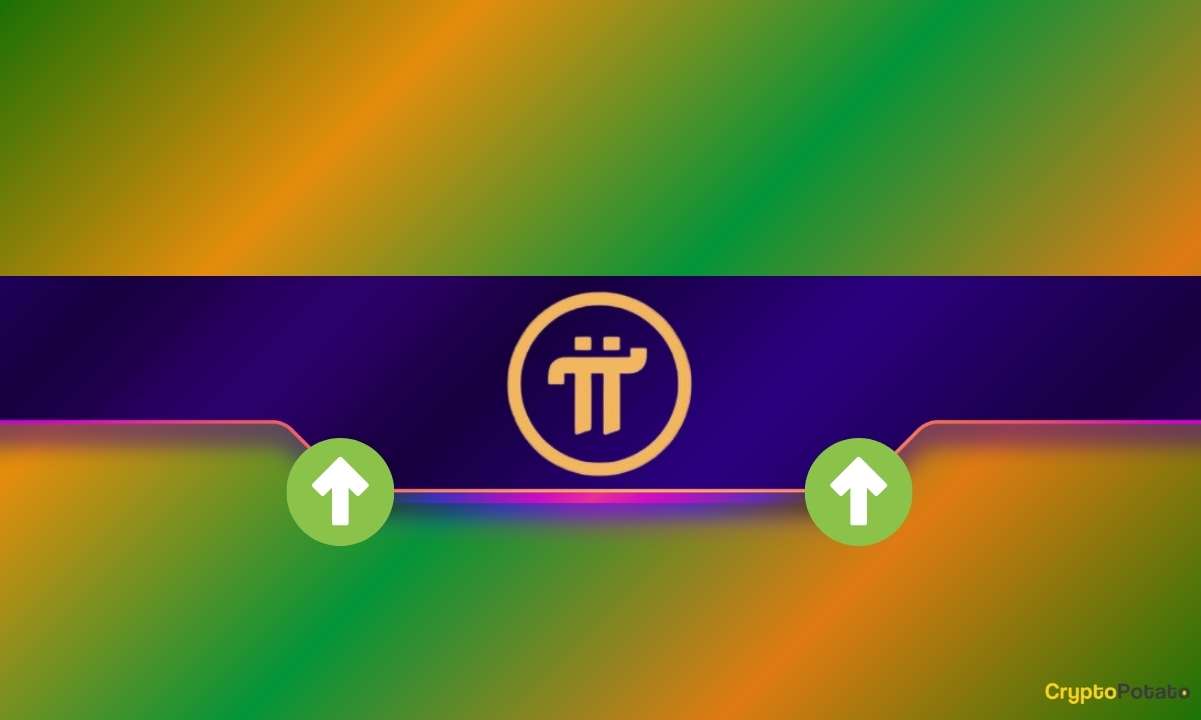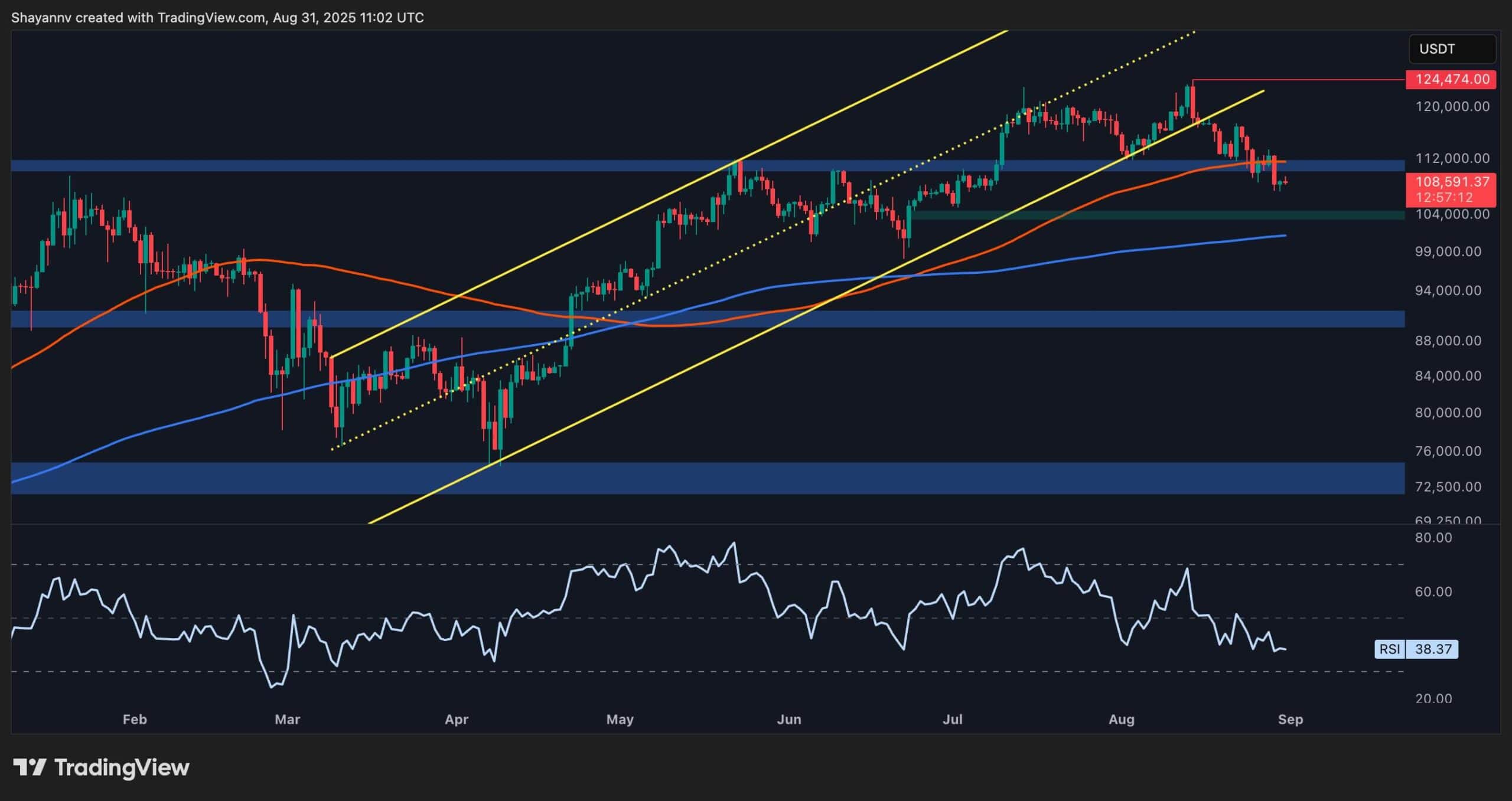A coalition of trade groups representing the crypto, fintech, retail, and restaurant industries is urging President Donald Trump to defend open banking rules under a so-called legal attack by the nation’s largest banks.
In a letter sent July 23, organizations including the Blockchain Association, Crypto Council for Innovation, and the Financial Technology Association claim that the US’s most powerful banks are undermining innovation by suing to block the implementation of new open banking rules and imposing “stunning” new data fees on fintech and crypto apps.
On July 11, Bloomberg reported that JPMorgan plans to start charging fintech firms fees for access to their customers’ bank account data. According to pricing sheets sent to customers, the fees vary based on how the information is used, with higher charges applied to payments companies.
“Let us be clear: financial data belongs to the American people, not the banks,” the letter reads. “The freedom to choose financial tools and control one’s own data is fundamental to free markets and personal liberty—core American values.”
The letter urges the Trump administration to file a legal brief by July 29, asking the court to affirm that consumers, not banks, own their financial data and have the right to share it with apps of their choice, free of charge.
The case outcome could determine how easily Americans can connect their bank accounts to services like crypto exchanges, stablecoin wallets, and payment apps.
Related: How traditional financial tools are making crypto investing more accessible
Understanding open banking
Open banking is a framework that lets consumers securely share financial data with third-party apps through APIs.
Proposed in 2022 during Trump’s first term, the open banking rule in the United States was finalized on October 22, 2024, granting consumers the right to share their financial data across platforms, a key building block for stablecoins, DeFi apps, and crypto on-ramps.
“The rule raised the bar for safety and security and established commonsense standards that benefit the entire ecosystem, including banks, fintechs, and digital asset firms. It also ensured that innovation in the U.S. financial system was the envy of the world," according to the letter.
On the same day the rule was finalized, the Bank Policy Institute, a trade group representing major banks like JPMorgan Chase, Wells Fargo and Bank of America, sued to block it, arguing that it posed security risks and unfairly burdened incumbents.
Open banking is already a reality in countries such as the United Kingdom, Brazil and the European Union.
Big banks push into crypto while fighting open banking
While challenging open banking in court, US banks are steadily moving deeper into the digital assets sector.
In May 2024, Cointelegraph reported that Mastercard and ten central US banks, including Wells Fargo, participated in a tokenization pilot that tested how tokenized bank deposits and US Treasurys could be used for near-instant settlements on a shared ledger.
On July 15, JPMorgan filed a US trademark application for “JPMD,” a blockchain-based stablecoin for institutional settlements. The application details plans to offer a broad range of crypto-related services, including digital asset trading, exchanges, transfers, clearing, and payment processing.
Related: Anchorage Digital announces stablecoin issuance platform on Genius’ heels
Pro-crypto President put to the test
Meanwhile, President Trump has become one of the most outspoken crypto supporters among world leaders. He has actively courted the crypto community, and some even believe the crypto lobby was partly responsible for his victory.
On July 18, when signing the GENIUS Act, Trump said, “I pledged that we would bring back American liberty and leadership and make the United States the crypto capital of the world, and that’s what we’ve done.”
Magazine: Baby boomers worth $79T are finally getting on board with Bitcoin

 1 month ago
13
1 month ago
13
















 English (US) ·
English (US) ·